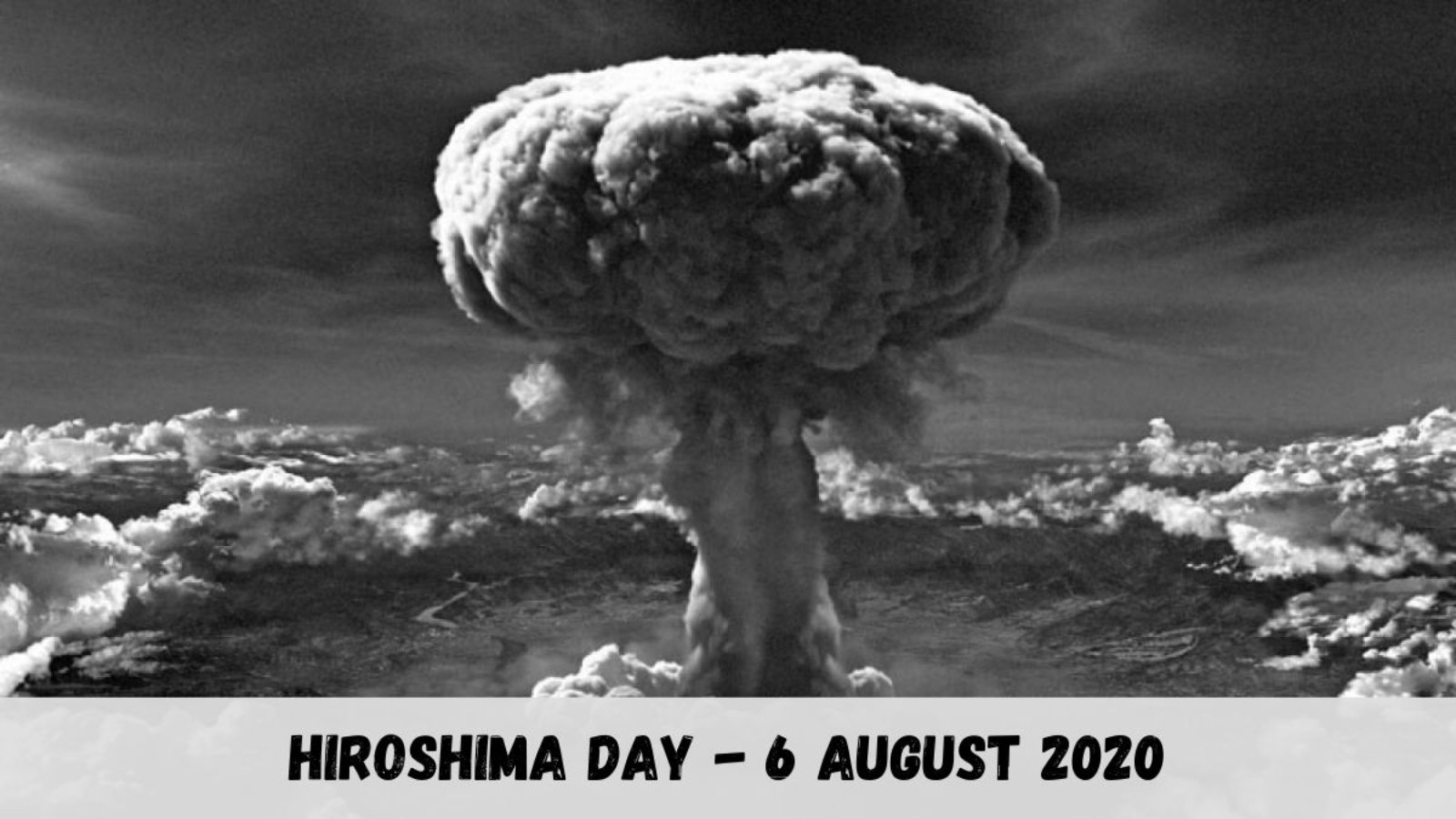The incident took place in the final year of World War II, when the United States detonated a nuclear weapon over the Japanese city.
Annually 6th of August marks the anniversary of the atomic bombing in Hiroshima during World War II. The horrific incident took place on August 6, 1945, when the United States dropped an atomic bomb named “Little Boy”, on the town of Hiroshima in Japan.
This bomb attack was done in the motive to end the Second World War in 1945. This day is remembered to promote peace and spread awareness about the danger of nuclear energy and nuclear weapons.
The incident took place in the final year of World War II, when the United States detonated two nuclear weapons over the Japanese cities of Hiroshima and Nagasaki with the consent of the United Kingdom, which was as per the Quebec Agreement.
The first bomb was dropped on Hiroshima on August 6, 1945 and after three days, the second bomb was dropped on Nagasaki on August 9, 1945. The bombings killed between 129,000 and 226,000 people, and levelled the cities to the ground.
The Allied leaders had called for the unconditional surrender of the Imperial Japanese armed forces before the bombing, and had on July 26 issued the Potsdam Declaration, which outlined the terms of surrender for Japan. The declaration was presented as an ultimatum that warned of “the inevitable and complete destruction of the Japanese armed forces and the utter devastation of the Japanese homeland”. There was, however, no mention of the atomic bomb in the communique. The Japanese government was reported by local media on July 28 to have rejected the declaration.
On August 6, 1945, a modified B-29 dropped a uranium gun-type bomb, named “Little Boy”, on Hiroshima, and three days later another B-29 dropped a plutonium implosion bomb, named “Fat Man”, on Nagasaki. It is reported that some 70,000 to 80,000 people were killed immediately by the blast and resultant firestorm, and about the same number of people were injured in Hiroshima. In the months that followed, more people lost their lives in both the cities due to the effects of the bombings.
Along with the lives the bombs took, there was massive structural damage too, with Japanese officials stating that around 69 per cent of the buildings in Hiroshima were destroyed.
Following the bombings, Japan surrendered to the Allies on August 15 and signed the instrument of surrender on September 2 in Tokyo Bay. It effectively brought an end to World War II, but not to the problems of the Japanese people, who even years later suffered health problems from being exposed to the high level of radiation.❐
























